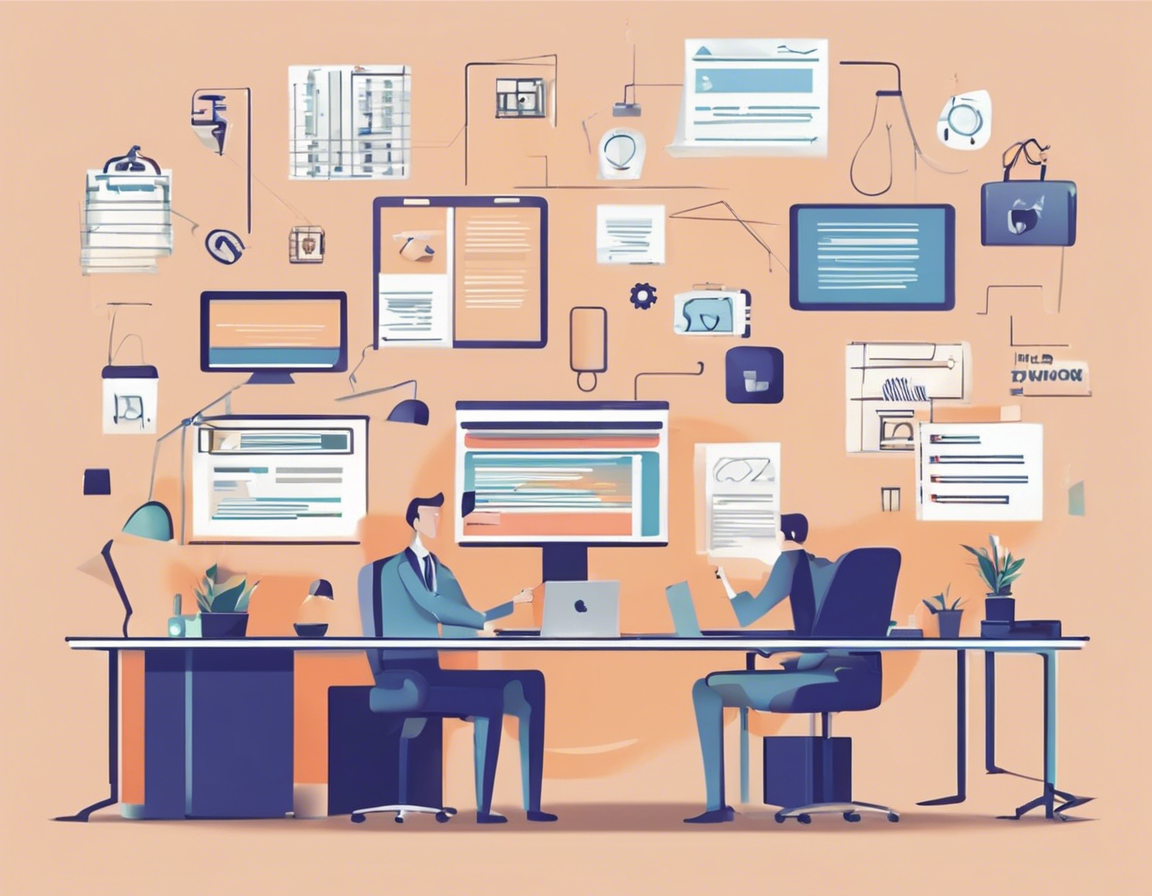Brittany Furlan, a popular social media personality known for her comedic sketches and charismatic presence, found herself engulfed in a firestorm of controversy recently when private, intimate photos of her were leaked online without her consent. The incident not only exposed a breach of privacy but also reignited discussions around online privacy, revenge porn, and the legal ramifications of such actions.
The Incident
The leak of Brittany Furlan’s nude photos sent shockwaves through her fanbase and the online community at large. The images, intended for private consumption, were shared without her permission, leading to widespread condemnation of the invasion of her privacy. The incident sparked a debate on cybersecurity, consent, and the dangers of storing sensitive data in the digital realm.
Legal Implications
In the wake of the leak, many questioned the legality of such actions and whether there were legal frameworks in place to protect individuals from similar privacy violations. While some jurisdictions have revenge porn laws that criminalize the unauthorized dissemination of intimate images, enforcement and prosecution can be challenging due to the anonymous nature of the internet and the global reach of online platforms.
Impact on Mental Health
The unauthorized disclosure of private photos can have devastating effects on an individual’s mental health and well-being. Brittany Furlan’s experience sheds light on the emotional toll that such breaches of privacy can take, from anxiety and depression to feelings of shame and humiliation. It underscores the importance of empathy and support for victims of such violations, as well as the need for public awareness on the psychological consequences of online harassment.
Addressing Online Privacy
In an age where data breaches and privacy infringements are becoming increasingly common, it is crucial for individuals to take proactive measures to safeguard their online privacy. This includes using strong, unique passwords, enabling two-factor authentication, being cautious of phishing attempts, and refraining from sharing sensitive information or images online. Moreover, individuals should familiarize themselves with privacy settings on social media platforms and regularly review their online presence to mitigate the risk of unauthorized exposure.
Seeking Support
In the aftermath of a privacy breach, it is vital for individuals to seek support from trusted friends, family members, or mental health professionals. Opening up about one’s emotions, concerns, and trauma can help in processing the experience and promote healing. Additionally, organizations such as cybercrime helplines and support groups can offer guidance and resources for individuals grappling with the aftermath of a privacy violation.
Conclusion
The leak of Brittany Furlan’s private photos serves as a stark reminder of the importance of online privacy and the need for stringent measures to protect individuals from privacy breaches. It prompts conversations on consent, mental health, and cybersecurity, urging both internet users and legislators to take proactive steps in safeguarding personal data and upholding the rights of individuals in the digital age.
Frequently Asked Questions (FAQs)
-
What should I do if my private photos are leaked online?
If your private photos are leaked online without your consent, it is crucial to reach out to a trusted individual for support and consider contacting a cybercrime helpline for guidance on next steps. -
Are there legal consequences for sharing intimate images without consent?
Yes, many jurisdictions have revenge porn laws that criminalize the unauthorized dissemination of intimate images, leading to potential legal repercussions for perpetrators. -
How can I protect my online privacy to prevent unauthorized exposure?
To safeguard your online privacy, consider using strong, unique passwords, enabling two-factor authentication, and being cautious of phishing attempts. Regularly review your privacy settings on social media platforms. -
What are the mental health effects of privacy violations such as nude leaks?
Privacy violations can have devastating effects on mental health, leading to anxiety, depression, shame, and humiliation. Seeking support from trusted individuals and mental health professionals is essential for healing. -
Are there resources available for individuals who have experienced privacy breaches?
Yes, organizations such as cybercrime helplines and support groups offer guidance and resources for individuals grappling with the aftermath of privacy violations, providing a supportive community to navigate the experience.





